How to Get More From Your Depression Treatment

It can take at least a couple of weeks for depression medicine to kick in -- and up to 12 weeks for you to tell if it's really working. You and your doctor may have to experiment to find the right dose, the right drug, or even the right combination of medicines. Don't give up. Studies show that many adults with depression are likely to find medicine that helps.
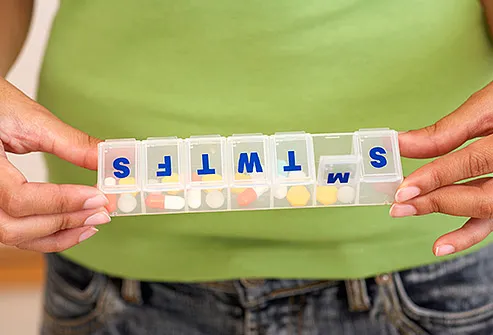
You can't get addicted to antidepressants, but you may have withdrawal-like symptoms if you stop taking some antidepressants too quickly. Quitting suddenly could give you headaches, muscle aches, an upset stomach, or other problems. Don't stop unless your doctor tells you to. And he'll give you a schedule of how to taper off slowly.

Ask your doctor when to take your medicine, whether to take it with food, and if you should skip taking other medicines or foods at the same time. Even vitamins, supplements, and non-prescription medicines like cough syrup can affect antidepressants. Ask what to do if you miss a dose: Take it as soon as you can or wait until the next scheduled dose?

Many side effects go away within a week or 2, but others may be a sign you need to adjust what you're taking. Look for insomnia, nausea, weight gain, dizziness, and sexual problems. Keep track of any issues so you can help your doctor fine-tune your treatment. If you ever have thoughts of suicide, talk to your family or doctor right away.
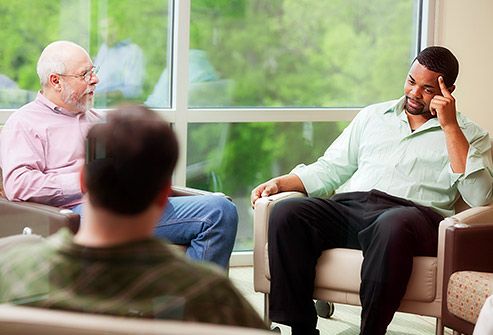
Depression usually has a mix of physical, emotional, and mental symptoms. Studies show that the most effective way to treat depression is a combination of medicine and therapy. Options range from counseling, like cognitive therapy, to meeting with a support group. Learning to cope with the conflicts, traumas, losses, or stresses that trigger your illness can help keep you well.

Work on your physical as well as emotional strength. Exercise can ease depression symptoms, especially when you do things that get your heart rate up. In fact, exercise can sometimes work as well as antidepressants for people with mild to moderate depression. It helps to ease stress and gives you a sense of well-being. Exercise helps you feel better right away. And when you stick with it, those feelings last.

Eating the right foods helps your body work at its best. And when your body is in good shape, your treatment works well. Not getting enough of some vitamins and minerals can make depression worse. And research shows that foods that are bad for your heart -- like saturated fats -- may even increase your risk for developing depression. Also, limit your alcohol intake or avoid it altogether if you and your doctor think alcohol use is a problem.

Getting enough sleep boosts your mood and helps you cope with stress. In fact, most people with depression have sleep problems. To sleep better, exercise, have a regular meal and bedtime schedule, limit caffeine and alcohol, get outside during daylight, and have a relaxing bedtime routine.
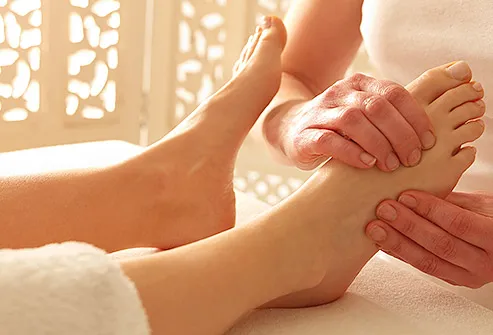
Nontraditional or alternative treatments may relieve some symptoms, help you relax, and ease problems like physical pain or anxiety that make depression worse.
o Acupuncture
o Yoga
o Massage
o Meditation
o Reflexology (applying pressure to nerves in your feet or hands; practitioners believe this stimulates healing)
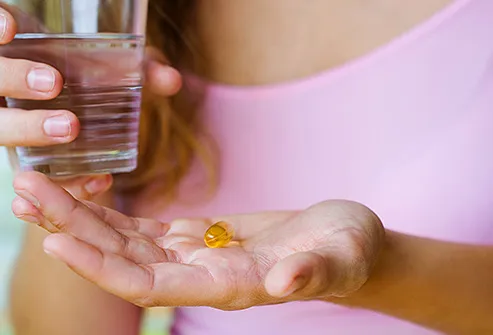
People who are low on vitamin D seem more likely to get depressed, but taking extra D doesn't always help them feel better. Some studies show that EPA (eicosapentaenoic acid), found in fish oil, may help treat depression. A new prescription form of folate -- technically called L-methylfolate (Deplin) -- shows promise for boosting the benefits of antidepressants. Talk to your doctor to see if it's right for you.
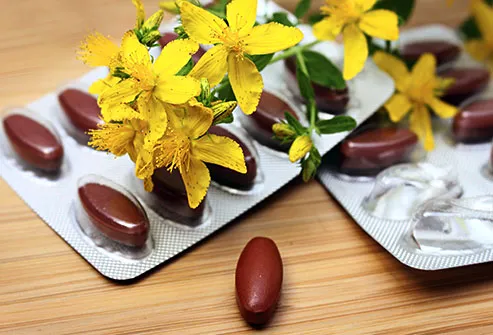
The ancient herb St. John's wort is often prescribed for depression in Europe. Many studies have shown it can help as much as medicine for milder cases. But it doesn't seem to work for serious depression. It can also interact with antidepressants, so talk to your doctor before using it.
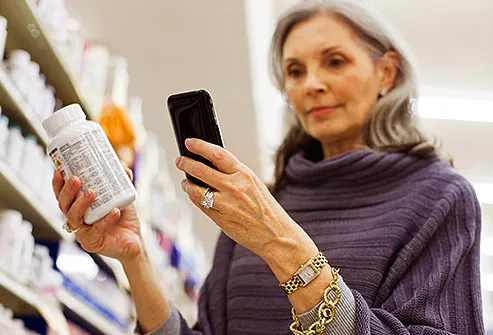
o SAMe: (s-adenosylmethionine) Some studies show it can help and may be as effective as antidepressants.
o 5-HTP: (5-hydroxytryptophan) A popular over-the-counter precursor to serotonin that has not, as yet, been well-established as a safe and effective treatment for depression
o Omega-3 fatty acids: Good for your heart and promising for depression, but not yet recommended
o Valerian: There is no evidence that this helps depression.
o Kava: Also unproven, and possibly dangerous for your liver